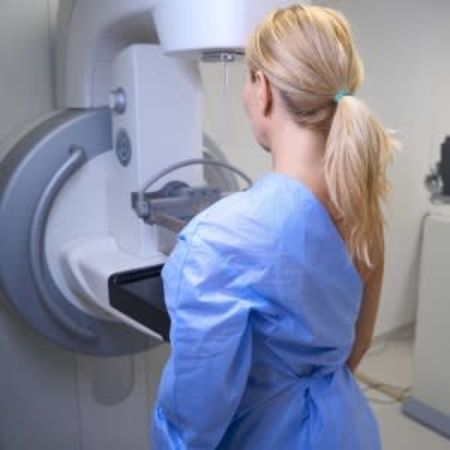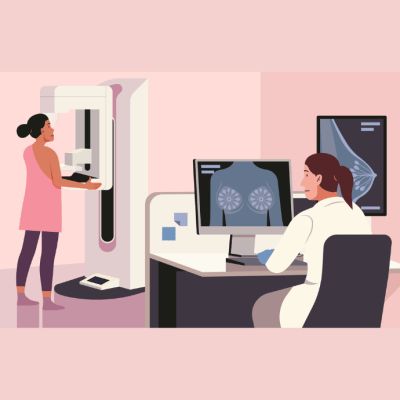According to research presented at the 2023 RSNA, a deep learning AI model, developed solely using mammogram image biomarkers, accurately predicted both ductal carcinoma in situ (DCIS) and invasive carcinoma.
Risk-based screening has remained elusive as researchers grapple with accurately evaluating a woman's risk of developing breast cancer. Additionally, traditional risk models have shown poor performance across different patient races, possibly due to the data used to develop the model.
It is crucial that the developed risk models are applicable across diverse populations.
In a groundbreaking initiative, a research team conducted the first-of-its-kind study to evaluate the efficacy of an image-based deep learning risk assessment model. The assessment aimed to predict both future invasive breast cancer and ductal carcinoma in situ (DCIS) across diverse racial groups.
The model's performance underwent assessment through a comparison of areas under the receiver operating characteristic curve (AUC) using the DeLong test. The AUC score measures the predictive accuracy of the model on a scale ranging from 0 to 1.
This study included 129,340 routine bilateral screening mammograms conducted in 71,479 women from 2009 to 2018, with a five-year follow-up.
The racial composition of the study group comprised white individuals (106,839 exams), Black individuals (6,154 exams), Asian individuals (6,435 exams), those self-reporting as other races (6,257 exams), and individuals with an unknown racial background (3,655 exams). The average age of the women was 59 years old.
The deep learning model demonstrated better performance compared to traditional risk models in estimating a woman's likelihood of developing ductal carcinoma in situ (DCIS), an early-stage breast cancer, and invasive breast cancer, which has the potential to spread.
Senior author Constance D. Lehman, M.D., Ph.D., a breast radiologist at MGH, said, “This is a particularly exciting domain for AI, as it demonstrates the opportunity to apply 'AI for good'—to reduce well-known racial disparities in risk assessment”.
Source: RSNA
Image Credit: iStock






















